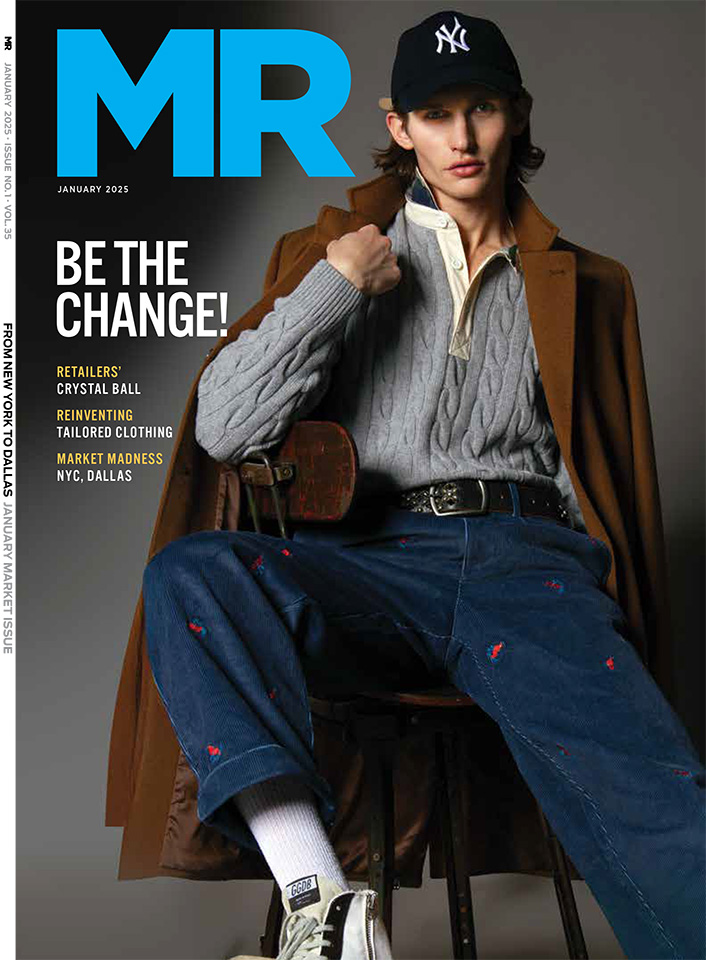Brand Personality: Not Just Marketing Fluff

Brand has changed a lot in the digital age, from complete ownership by the company establishing the brand, now to complete ownership by consumers who engage with the brand. Consumers may start with that initial brand message but ultimately embrace it unexpected ways which ultimately do define the brand. In other words, you can want your brand to stand for something, but it won’t if the people you’re targeting don’t buy into that. JCPenney and Ron Johnson’s attempt to remake the chain appeal to a younger, hipper audience are a now-classic example of how it’s always consumers who win when it comes to who ultimately gets to define your brand. Since the time when consumers firmly took the reins from companies over who gets to define the brand, there has been the additional complication of Millennials, who want more from their brands than just values or attributes. They want their brands to stand for something. At the same time, their willingness to engage with brands has shifted away from passively consuming advertising to wanting to interact more directly – and they prefer to do that primarily through digital channels like Facebook, Instagram, Twitter, etc. Read more at Forbes.

